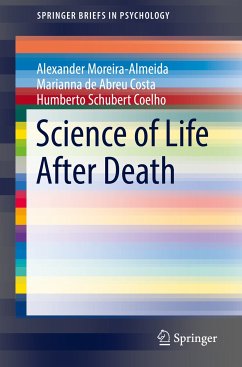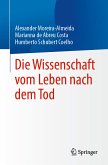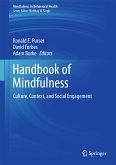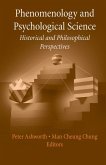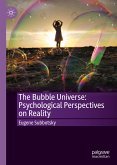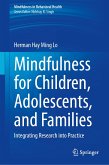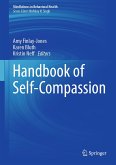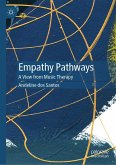Featured topics of coverage include:
- The belief in life after death in the contemporary world as well as in the history of religions and philosophy.
- The key misguided arguments and prejudices against the academic study of afterlife survival.
- What constitutes empirical evidence for survival after death?
- The main explanatory hypotheses alternative to survival after death.
- The chief cultural barriers to a fair examination of the available evidence for survival of consciousness after death.
Science of Life After Death is an essential resource for researchers, professors, and graduate students as well as clinicians, therapists, and other professionals in developmental and clinical psychology; spirituality, religious. and consciousness studies; psychiatry; neuroscience / neurology; phenomenology / philosophy; complementary and alternative medicine; and all interrelated disciplines.
- Offers a contextual overview of belief in personal survival after death
- Refutes misguided historical and epistemological arguments against the notion of survival after death
- Examines empirical studies on mediumship, near-death and out-of-body experiences, and reincarnation
Dieser Download kann aus rechtlichen Gründen nur mit Rechnungsadresse in A, B, BG, CY, CZ, D, DK, EW, E, FIN, F, GR, HR, H, IRL, I, LT, L, LR, M, NL, PL, P, R, S, SLO, SK ausgeliefert werden.
Hinweis: Dieser Artikel kann nur an eine deutsche Lieferadresse ausgeliefert werden.
"This brief book on the topic is an excellent and well-referenced study that can be strongly recommended to all open-minded thinkers ... ." (Paradigm Explorer, Issue 141, 2023)
"This book would be a great asset to anyone seeking clarity and insight on this important topic, and it deserves to be widely read." (David Rousseau, Journal for the Study of Spirituality, March 27, 2023)
"The book is very focussed on scientific evidence and the empirical scientific method is not the only way of knowing things. However, it fills an important gap in the literature and is a commendable achievement, notwithstanding these limitations of scope. It is always a good sign to get to the end of a book wanting to know more - which this reviewer certainly did!" (Christopher CH Cook, Royal College of Psychiatrists, rcpsych.ac.uk, January, 2023)
"[This book] ... should be in all university, college, and public libraries. ... Highly recommend."(johnballardphd.com, January 9, 2023)
"Authors have a solid background in psychiatry and philosophy. ... the book is the product of more than two decades of research in this challenging area, providing the state-of-the-art on the hypothesis of the existence of an afterlife. ... It is up to us to take a standpoint, but at least we clearly see where we are in the discussion, for the book puts all the cards on the table." (Ana Maria Correa Moreira Silva, Revista Brasileira de Filosofia da Religião, Vol. 9 (1), July, 2022)
"This book addresses evidence for post-mortem survival focusing on anomalous experiences, mediumship, reincarnation and near-death experiences. ... The book is written clearly and concisely and contains a wealth of research data." (Simon Dein, Mental Health, Religion & Culture, Vol. 25 (7), 2022)
"This is a work to be read and taken into consideration, capable of propitiating reflections and favouring further research on the subject. Especially for those who dedicate themselves to this kind of issue, as it brings a wide range of research, studies and approaches, even if they are often synthetic." (Horizonte, Vol. 20 (62), 2022)

